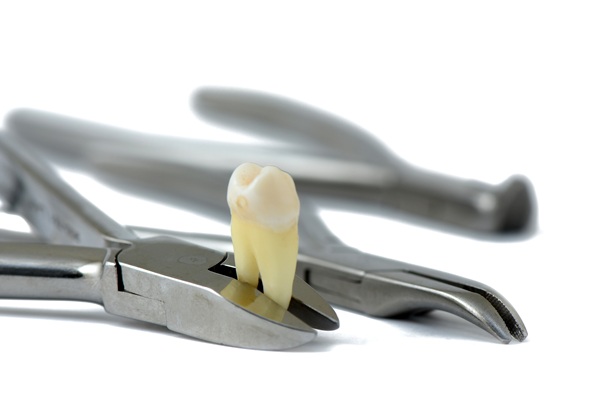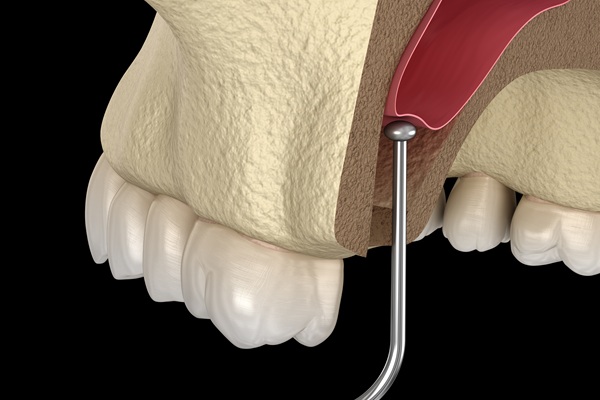Healing and Recovery Tips After Wisdom Teeth Extractions
are common procedures performed by an oral surgeon to prevent or address crowding, infection, and other complications associated with third molars. While the extraction itself is straightforward, proper care during the healing period supports a smooth recovery. With a few tips, patients can quickly recover from wisdom teeth extractions and avoid unnecessary discomfort or setbacks.
What to expect after wisdom teeth extractions
After wisdom teeth extractions, it is normal to experience some swelling, mild bleeding, and discomfort in the jaw or surrounding tissues. Typically, these symptoms peak within the first 48 to 72 hours and gradually subside over the next few days. The oral surgeon will place gauze over the extraction sites to help stop bleeding and encourage clot formation, an essential step for proper healing.
While pain levels vary from patient to patient, discomfort is usually manageable with medication and appropriate aftercare. Instructions from the oral surgeon will include:
- How to care for the surgical site
- What symptoms to monitor for dry socket and infection
- When to return for a follow-up, if needed
Any oral surgery carries the risk of infection. Tooth extractions, in particular, carry a risk for dry socket, which occurs when the blood clot becomes dislodged or fails to form. Fortunately, these risks can be easily minimized by closely following postoperative guidelines. In general, recovery after wisdom teeth extractions lasts between one and two weeks, although most patients begin to feel better within a few days.
Tips for healing and recovery
Each patient’s recovery may look slightly different, but certain practices can help promote comfort and reduce the likelihood of complications. The oral surgeon may offer personalized recommendations based on the number of teeth removed and the complexity of the procedure. Here are just a few tips to help patients get started:
Let yourself rest
Rest allows the body to heal. Limiting physical activity for at least 48 hours after wisdom teeth extractions helps reduce bleeding and allows the body to focus on recovery. Short naps, light movement, and a calm environment can aid recovery, and the oral surgeon may advise a brief break from daily responsibilities to promote optimal results. For instance, taking time off from work, school, or strenuous activities supports a smoother healing process.
Tailor your diet to accommodate recovery
Soft, easy-to-chew foods are best after wisdom teeth extractions. Yogurt, applesauce, mashed potatoes, smoothies (without straws), and broths provide nourishment without putting stress on the healing areas. Avoiding hard, crunchy, or sticky foods reduces the risk of irritation or injury at the extraction sites. As healing progresses, patients can gradually return to a regular diet.
Reducing inflammation can ease pain
Inflammation is a natural response to oral surgery, but it can bring pain and discomfort. Applying cold compresses to the cheeks during the first 24 hours after wisdom teeth extractions can help reduce puffiness and ease any related pain. Cold compresses work best when applied in intervals — 20 minutes on, 20 minutes off.
Over-the-counter medications such as ibuprofen or acetaminophen can also help manage pain and inflammation. These should only be taken according to the oral surgeon’s instructions. In some cases, the surgeon may prescribe a stronger pain reliever to address moderate to severe discomfort.
Get more healing tips
Like any oral surgery, wisdom teeth extractions have a healing and recovery period. Following instructions from your oral surgeon and the tips above can support your recovery. Contact our Brighton team to learn more.
Request an appointment here: https://brighton.drjstearns.com or call Platte Valley Oral Surgery at (303) 997-0223 for an appointment in our Brighton office.
Check out what others are saying about our dental services on Yelp: .
Recent Posts
A sinus lift procedure goes by many other names, including sinus elevation, sinus augmentation, and sinus graft. It can be an important step in the process of having a dental implant placed in the upper jaw to replace a missing tooth. The procedure involves raising the floor of one of the maxillary sinuses and filling…
Facial trauma treatment differs based on the severity and location of the damage. Continue reading to learn how an oral surgeon addresses facial trauma. It can cause other medical issues, so it is important to seek treatment promptly. An oral surgeon is a face trauma specialist who is trained in maxillofacial surgery and treatment. They…
Oral bone grafting procedures can help restore mouth functionality, health, and appearance. These surgical procedures vary in type and extent. Continue reading to learn more about dental bone grafts, the surgical grafting process, and why someone might need oral bone grafts.Surgeons perform bone grafts throughout the body. Oral bone grafting occurs in the mouth, usually…
An oral pathology must receive immediate treatment. This can prevent more complications later on. Your oral surgeon can help correct any dental problem. Here are the details about each common oral pathology and its corresponding treatment.This oral pathology results from a bacterial infection because of plaque buildup. Symptoms of this condition include gum bleeding and…


